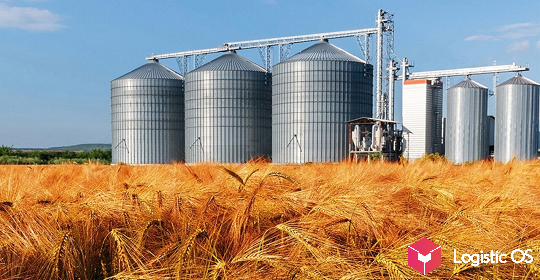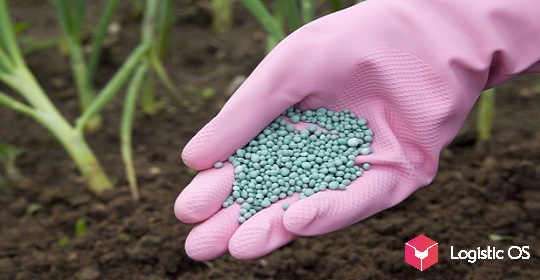Russia is currently strengthening its position as a grain supplier to Indonesia, but it will have to fight for this market against strong competitors.
Indonesia is a very promising importer of agricultural products.
Suffice it to say that it has already become one of the three largest importers of wheat on the planet, along with Egypt and China.
In addition, this country continues to develop rapidly and demonstrates high rates of economic growth. This means that it could play an even more important role in the global market in the future.
Last year, Indonesia imported a total of 12.3 million tons of wheat, which fully covered its demand for this type of product at the level of 11.1 million tons.
Russia is currently one of the three countries that actively supplies wheat to Indonesia.
For example, over the past year, 1.7 million tons of it were supplied, which is 10 times higher than the year before.
However, it is worth noting that Russia’s competitors, who also supply wheat to the Indonesian market, exceed it in export volumes.
For example, Australia supplied 4.4 million tons of wheat last year, and Canada supplied 2.2 million tons. Therefore, expanding supplies from the Russian Federation will not be easy.
At the same time, one of the possible obstacles is compliance with the fairly strict phytosanitary requirements that Indonesia imposes on each supplier of agricultural products.
At the same time, experts report that it would be a good idea for Russia to diversify its supply structure and pay attention to other crops that are also in demand in Indonesia.
For example, today this country is among the top 5 buyers of Russian millet and the top 3 buyers of coriander.
In addition, supplies of soybeans and soybean meal would be very promising, since such products consistently enjoy very high popularity from Indonesian companies that produce feed, especially for poultry.
Competition in this market is also quite fierce.
Last year, the United States supplied 2.1 million tons of soybeans to Indonesia, and Canada supplied 266 thousand tons. Most likely, this year the volume of supplies from these countries will also increase.
In the soybean meal market, Russia will have to compete with Brazil and Argentina, however, within the Russian Federation, the production of these types of products is steadily growing, which may open up additional opportunities for export.
Currently, Russian and Indonesian experts continue to agree on phytosanitary rules, which may in the future help Russia supply new types of products to this country.

